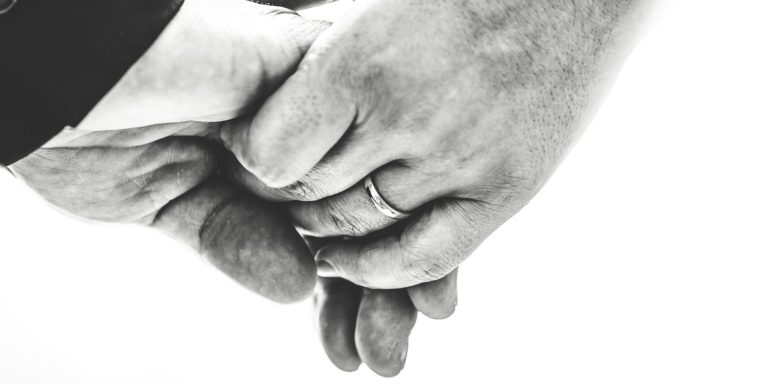
3 Tips for seasonal depression
Links in some blog posts may earn a commission for The Brain Cleanup Coach.
Every year our miracle of a planet tilts on its axis a little bit, from one side to the other. This causes either the northern or southern half of the planet to tilt toward the sun, creating the seasons. Losing the daylight can trigger what is known as seasonal affective disorder, or SAD. Don’t let the word “disorder” weird you out if you deal with SAD. The sun is life-giving and to shift into a space of time where we see it less should cause a little distress for our brains (in my opinion). But there are a few simple things you can do to help your brain along during this time of less light and more night.
#1 Try something novel.
Paint by numbers. Juggling. Swinging kettle bells. Constructing a birdhouse. If figuring out the how sounds too taxing, purchase a ready made kit that will create a novel experience for you. The point of doing this is to task your brain to focus on something different. Because our brains out constantly looking for things to create good, high feelings, they are masters at obsessing over any suffering that is occurring. But that focus on suffering can create a looping effect, keeping you anchored in a depressed vortex. Practice self command, and find something new that you can EASILY do. (Again, ready made kits are perfect for this.)
#2 Turn all the lights on.
Random, I know, but the further north you live, the darker it can feel this time of year. Sunshine is basically our umbilical cord to life (along with water, so hydrate!), so when the earth tilts and the days get short, that lack of sunshine can be very demotivating. But if you live in a structure, you hopefully have lights you can turn on to combat the dark, even during the day if needed. Growing up my parents always wanted to keep the lights off to conserve energy and cost, but with LED lighting nowadays, lighting is so much more energy efficient. If you’re feeling kind of blue, try turning on ALL the lights in your house. Give yourself of blast of the stuff, and see if it makes you feel better.
#3 Distract yourself less.
This might sound counterintuitive, because sometimes when you’re feeling depressed you might want to do more to keep your mind occupied so you don’t hear the sad-sack stories your brain is a pro at coming up with. And so even if you’re constantly doing little things, that restlessness can actually contribute to depression. Doing and distracting yourself less might be the hardest thing to do on this list, because as you become quieter, you’re forced to hang out with yourself a bit more. But you can do this slowly and with grace. Start by just closing your eyes and taking five deep breaths. Give yourself that time alone, doing something you are naturally already doing anyway. Try going for a walk without listening to something to distract you. Listen to your environment instead. Notice what is around you. Feel your body as you’re moving. Yes, you are still actively doing something, yet at the same time you aren’t trying to distract yourself. You’re paying attention. As you practice the skill of paying attention throughout your day, you might start to notice the low hum of anxiety quiet down, and that can help with depression.
If you enjoyed this article you might also like:




